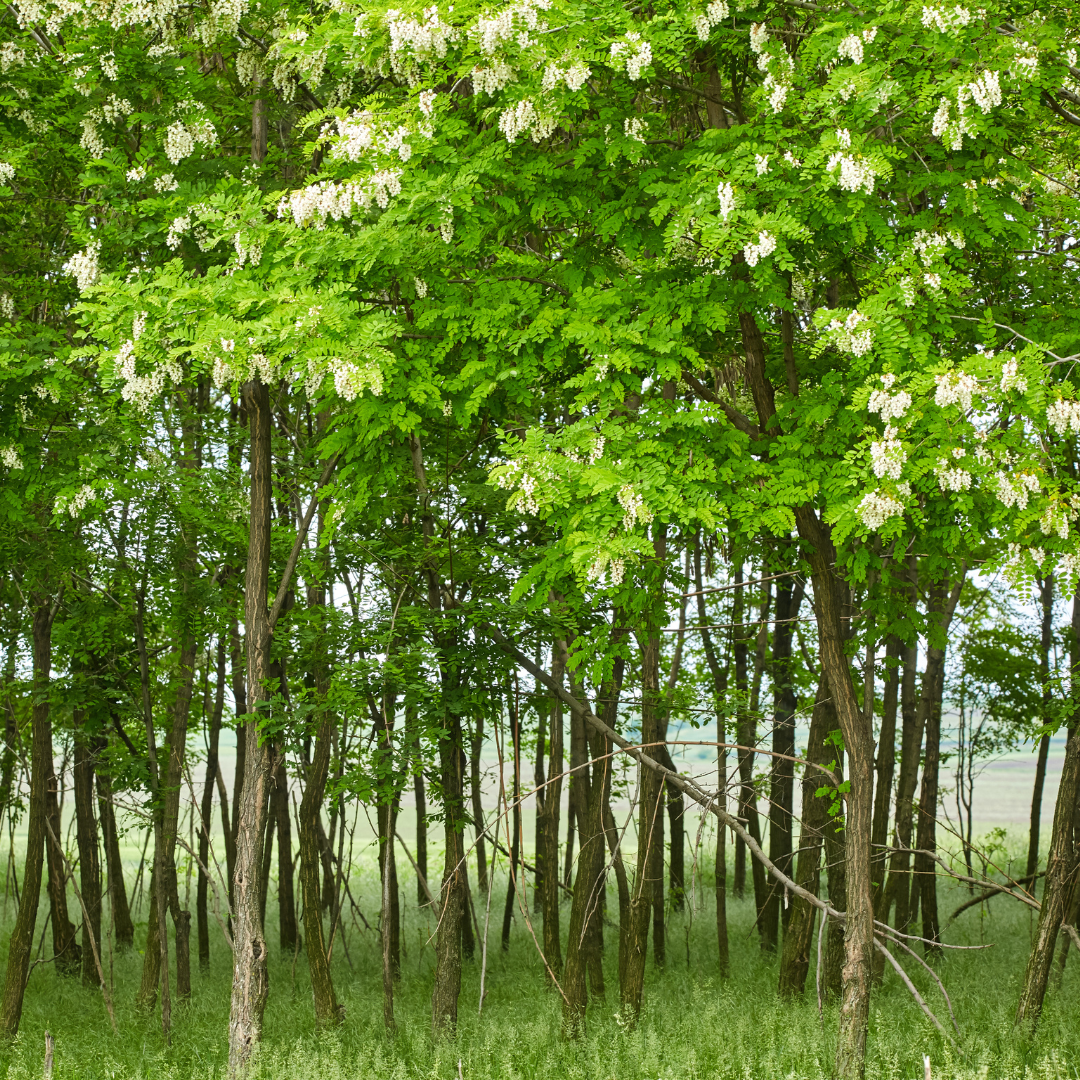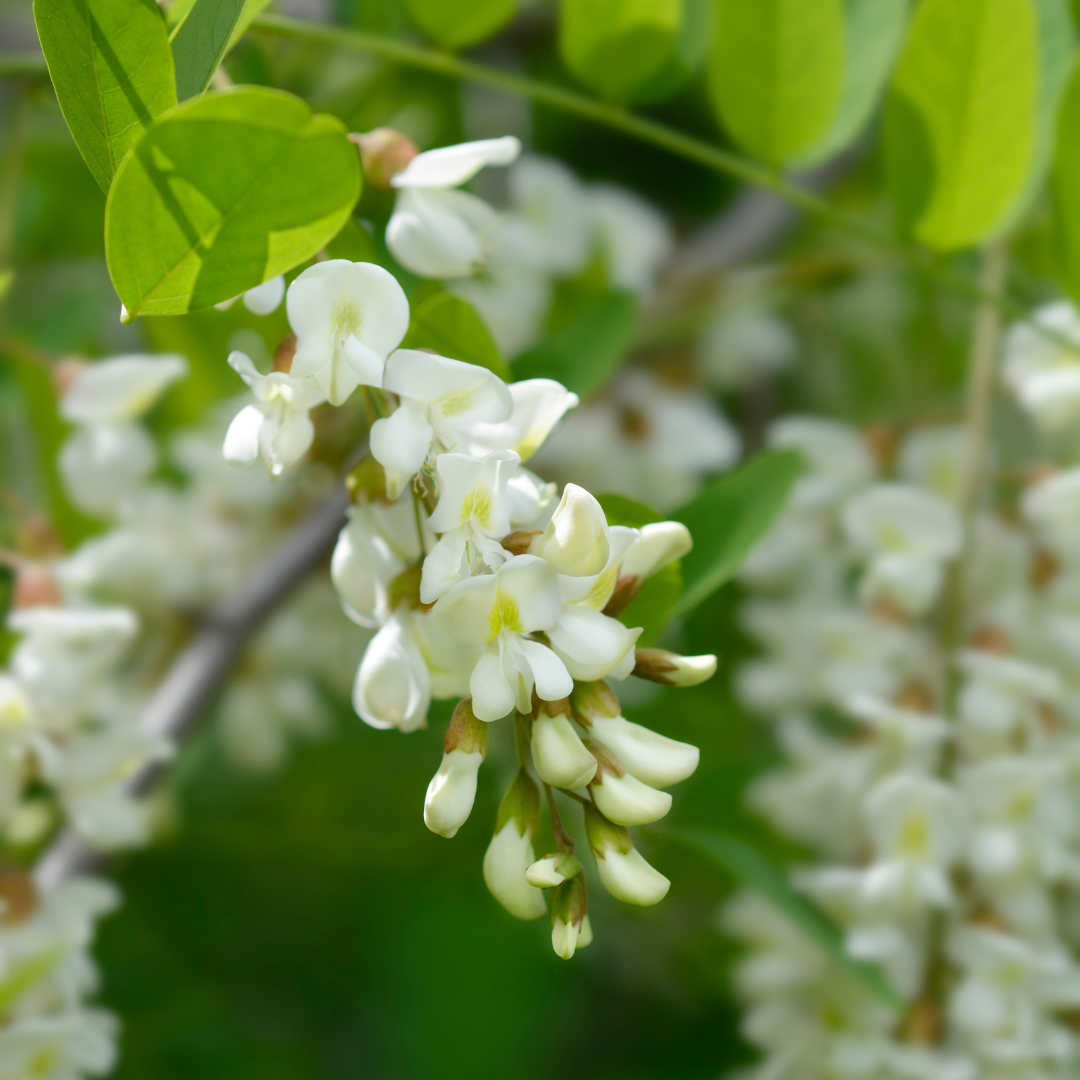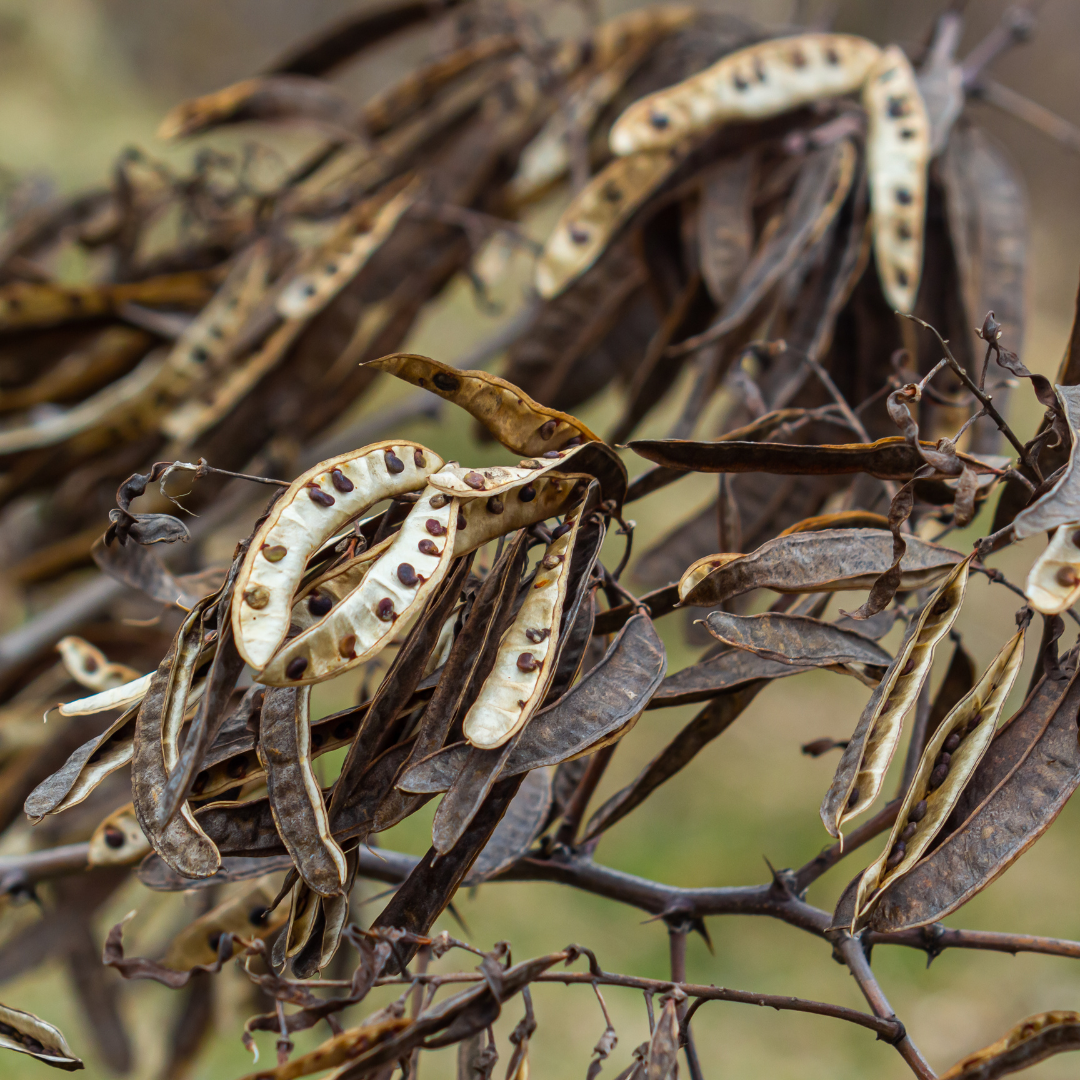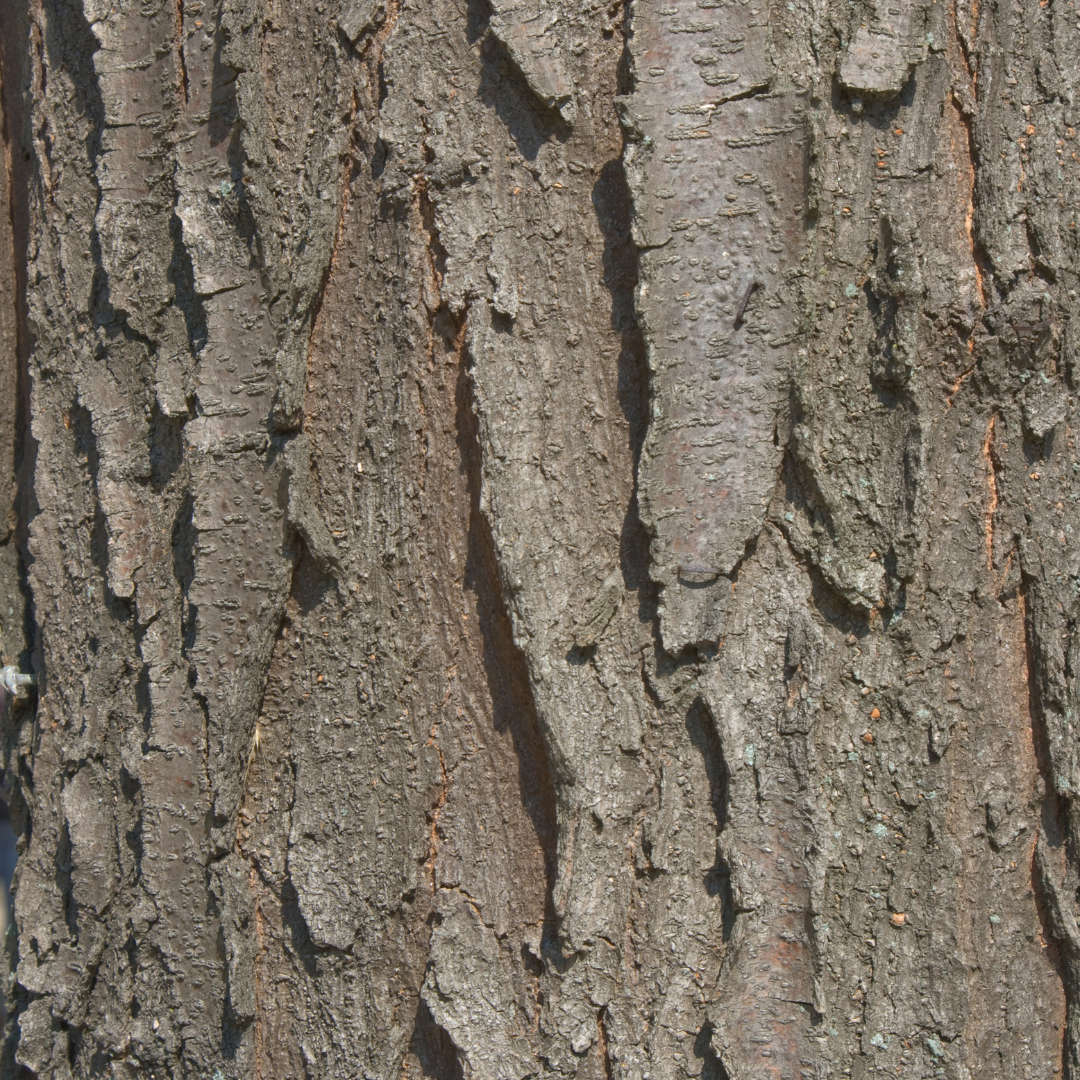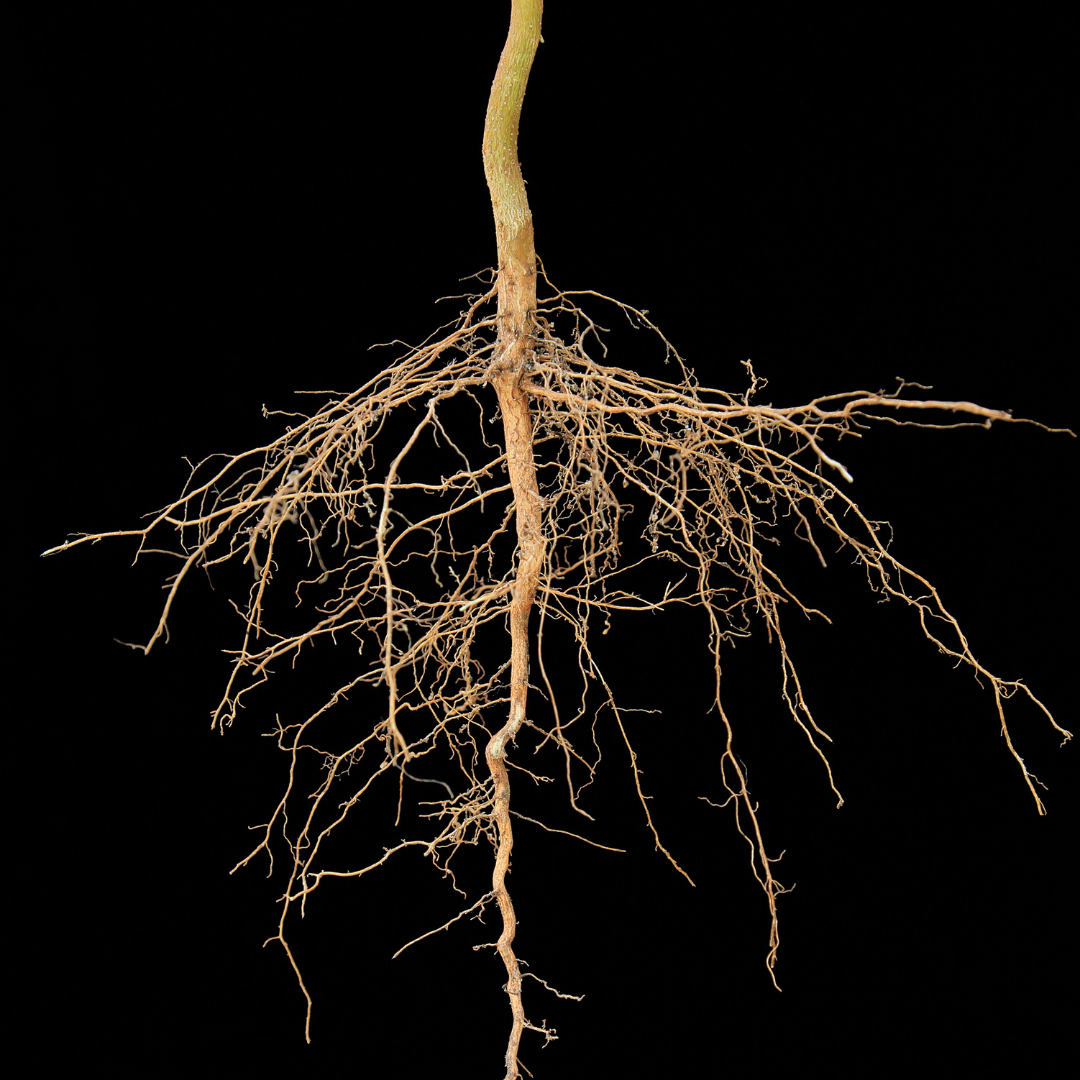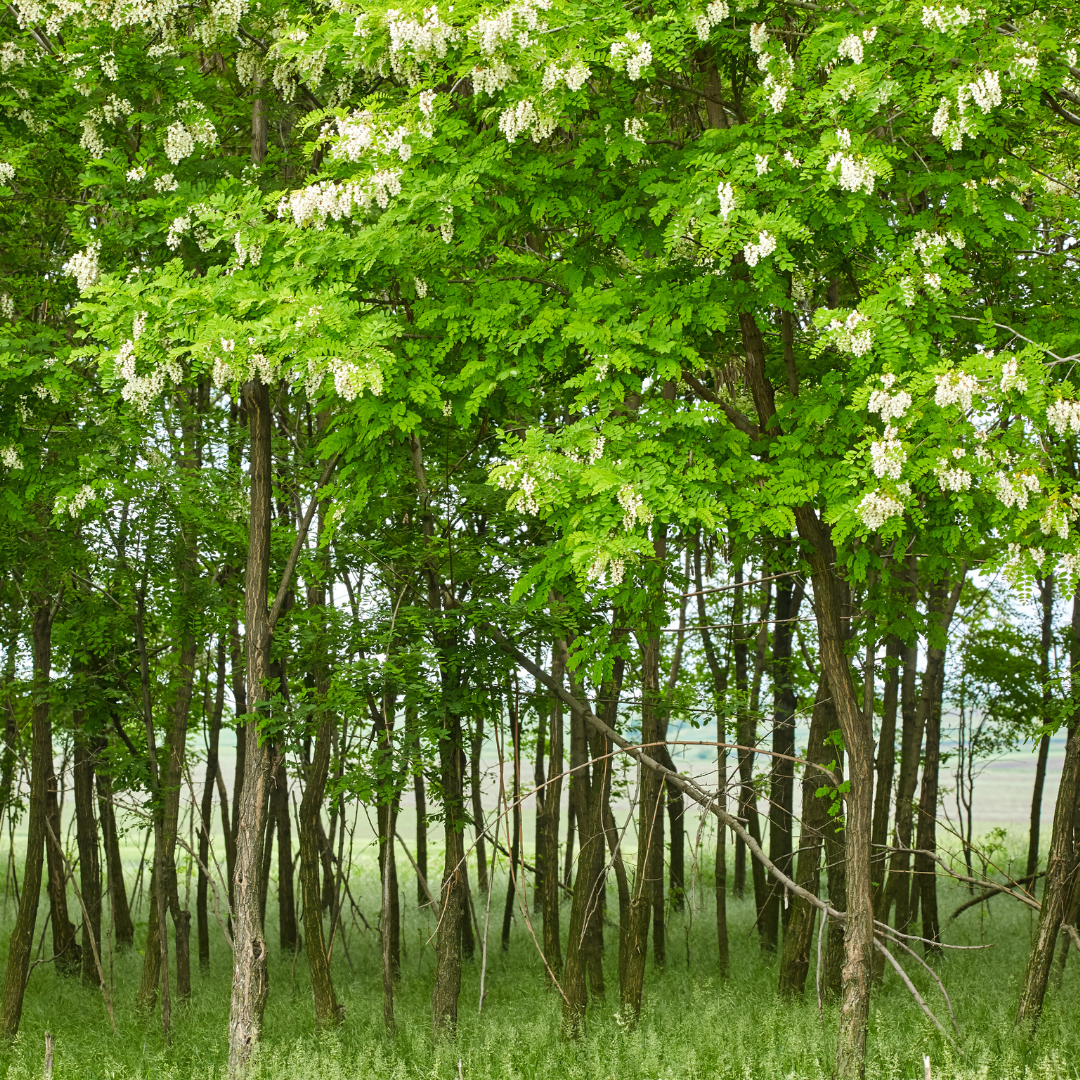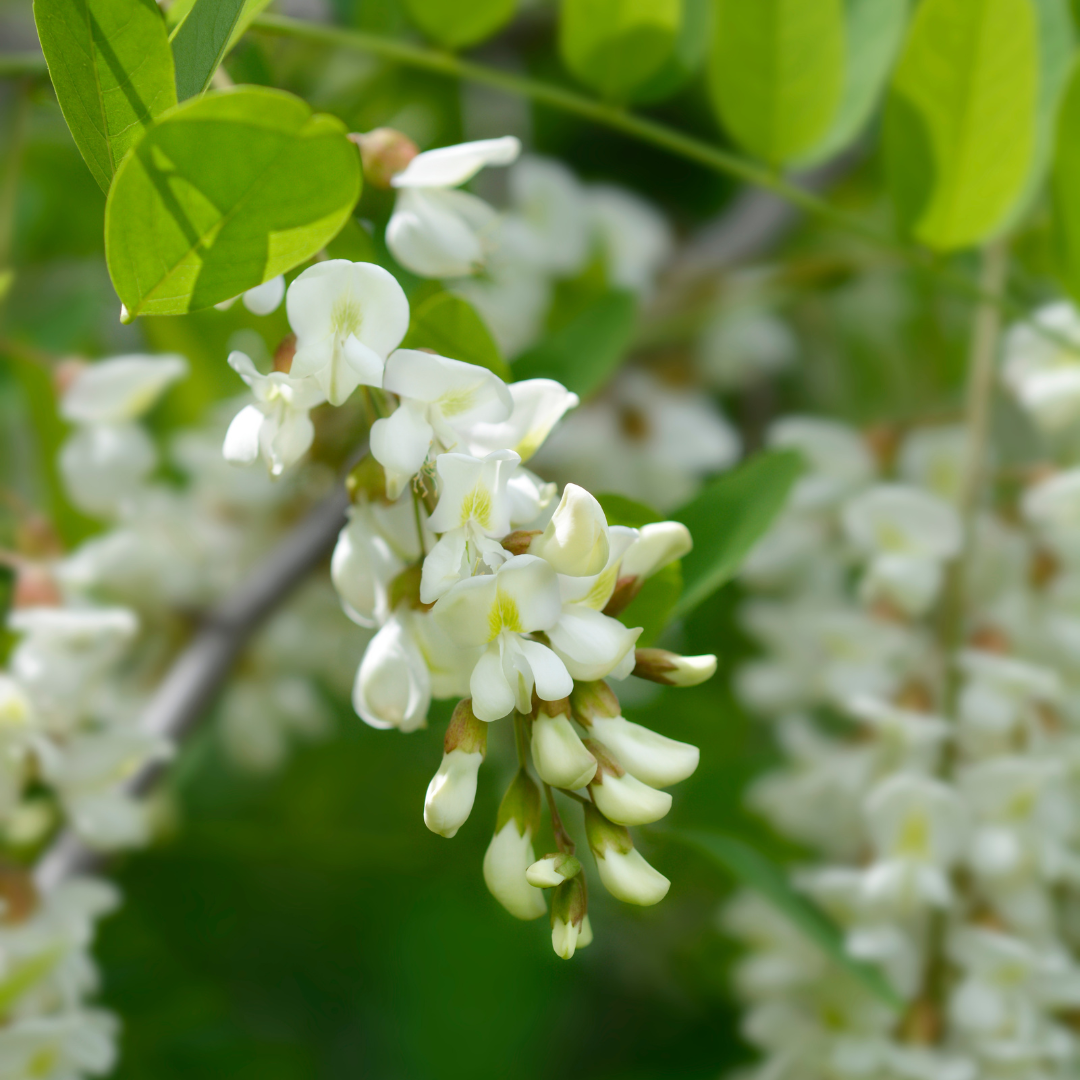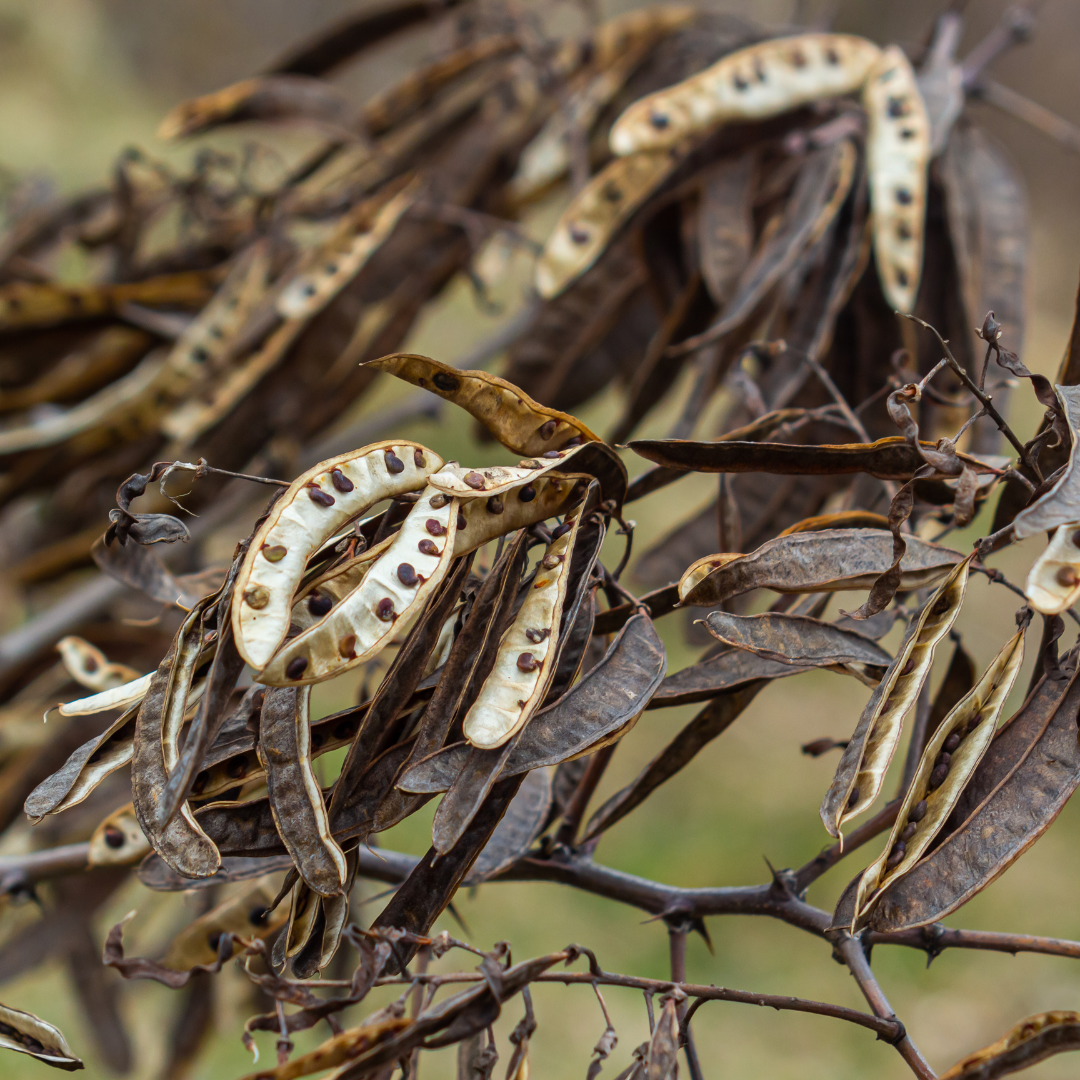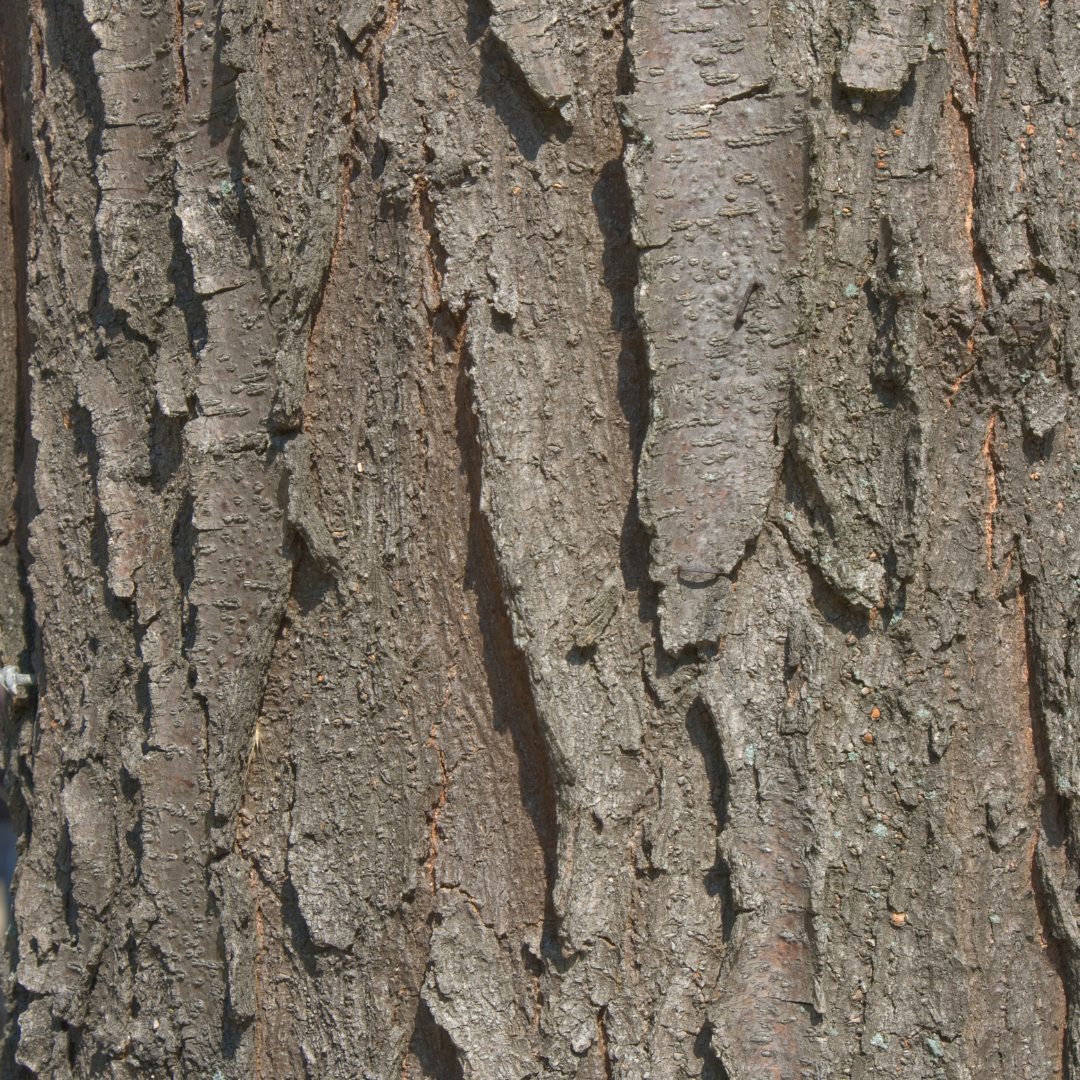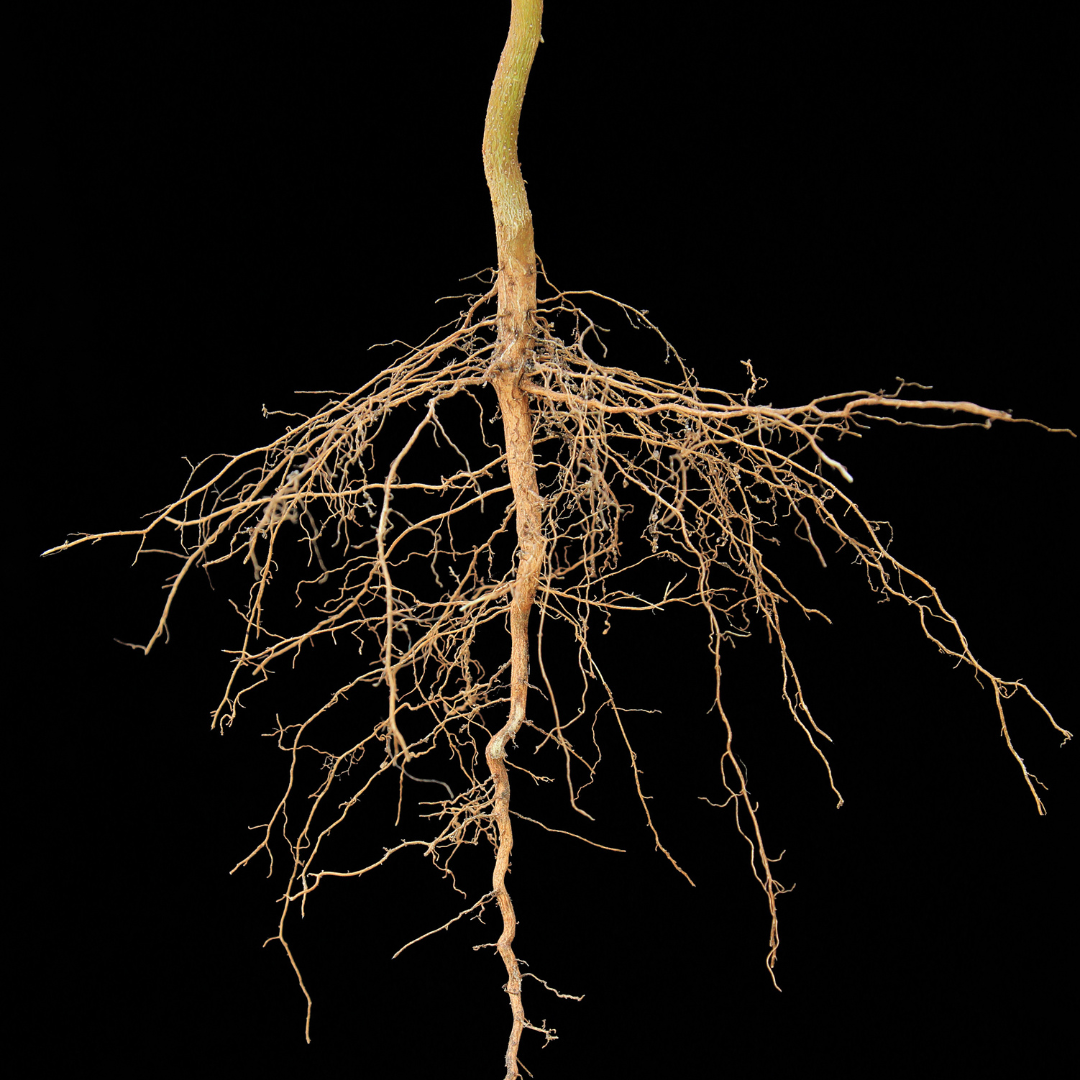Black Locust Bareroot Trees
Black Locust Bareroot Trees
Couldn't load pickup availability
The Black Locust (Robinia pseudoacacia), native to the Southeastern US, is a resilient tree that thrives in hardiness zones 3-9. Revered for its fragrant white flowers that carry an aroma akin to orange blossoms, this tree offers both beauty and utility. Not only does it serve as an elegant shade tree, and provide food for wildlife, but its hard, decay-resistant wood is also perfect for furniture and flooring. Its adaptability to various soil types and pollution tolerance makes it an urban favorite. Note: This product cannot be shipped to Massachusetts. Whether you're looking to enhance your landscape, attract wildlife, or source sustainable firewood, the Black Locust is a versatile choice.
Bareroot trees are SPRING shipped 1-2' tall.
Restricted Shipment: Not available for shipment to Massachusetts.
Scientific Name: Robinia pseudoacacia
Hardiness Zones: 3-9
Alternative Names: Yellow locust
Mature Size: Reaches heights between 40-80 ft. with a trunk diameter of 3-4 ft. Capable of suckering from roots.
Growing Conditions:
- Origin: Native to the Southeastern United States.
- Transplanting: Easily transplanted and cultivated.
- Sunlight: Prefers full sun.
- Soil: Adaptable to various soils; notably resilient.
- Tolerance: Known for its robustness, making it suitable for urban environments due to its pollution tolerance.
Features:
- Seed Pods: Black, pendulous pods measuring 2-4 inches.
- Bark: Deeply furrowed with a dark hue.
- Leaves: Typically accompanied by a pair of thorns at the base.
- Flowers: Fragrant white blooms resembling the scent of orange blossoms. Edible when battered and fried.
- Uses: Due to its hard, decay-resistant wood, it's favored for furniture, flooring, paneling, fence posts, and small boats. It's also a preferred choice for firewood because of its rapid growth, slow burn, and the ability to ignite even when damp. The tree is ideal for shade, erosion control, and adding floral beauty.
Wildlife Attraction: Black locust offers dark, hanging seedpods as sustenance for various birds like quail, turkey, grouse, pheasant, and songbirds, especially during the leaner months from autumn to early spring. Smaller animals frequently use the protective thorns for nesting. Additionally, deer are drawn to the Black Locust.
Non-GMO Commitment: At Growing Farmers and The Farm on Central, all our plants are guaranteed non-GMO and not genetically modified in any way, upholding natural breeding methods and promoting sustainable gardening and farming practices.
Growing method: Conventionally grown
Plant is shipped as a 1-2 ft tall bare-root tree which establishes easily and is economical to ship.
